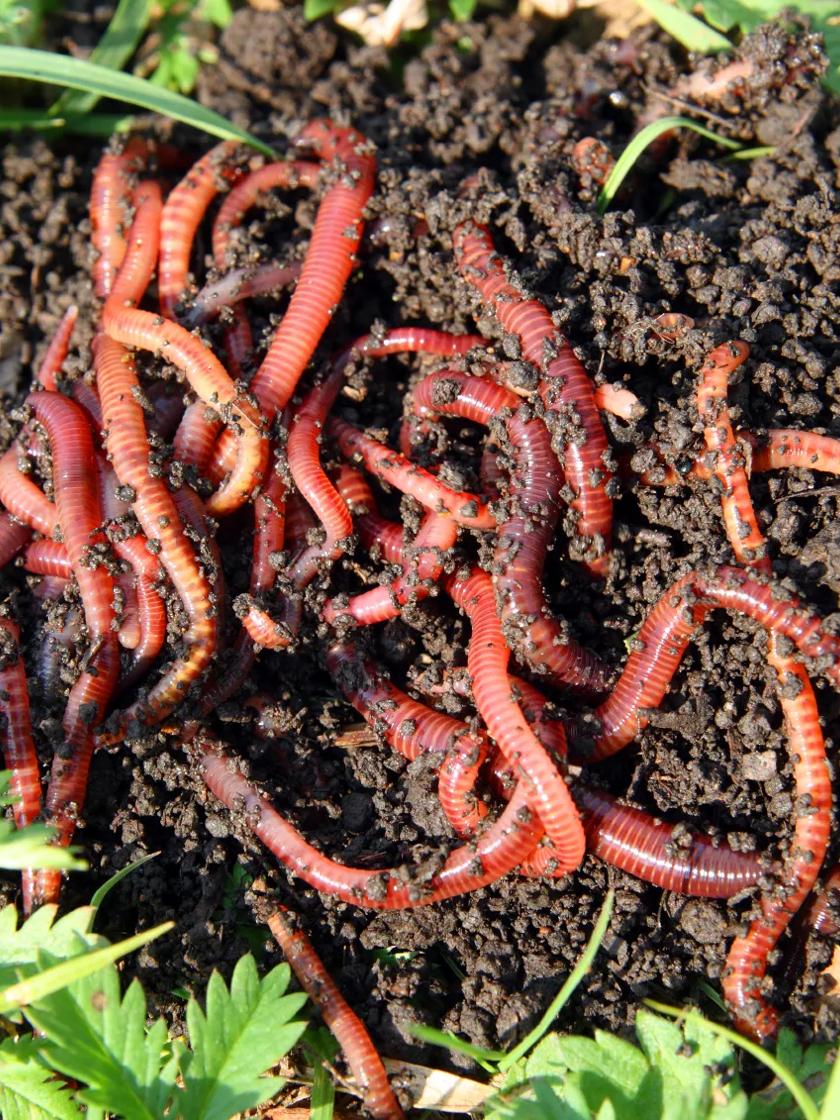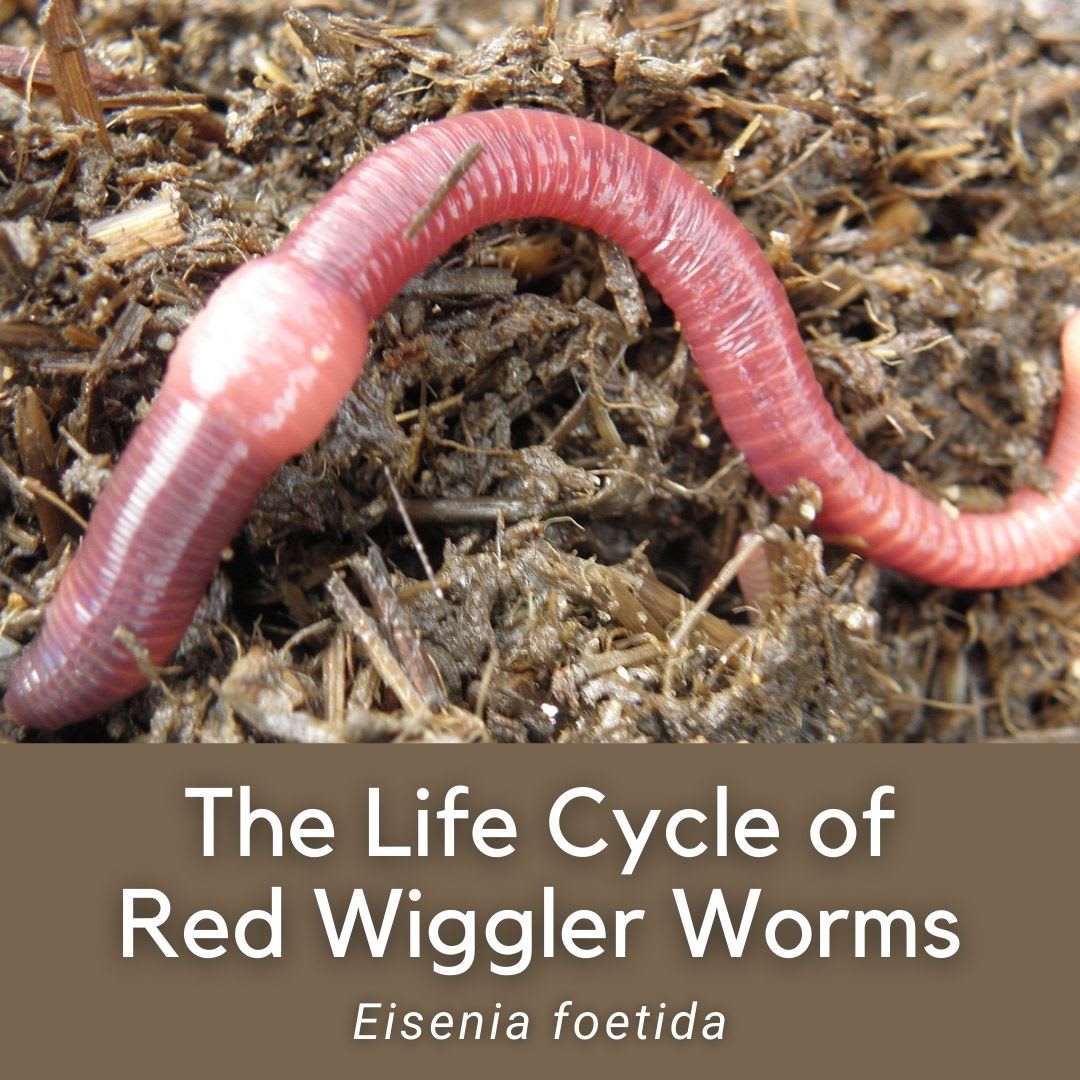Lake Hickory Bait: Reliable Supplies for Every Level of Fishing
Lake Hickory Bait: Reliable Supplies for Every Level of Fishing
Blog Article
Red Wigglers: The Unsung Heroes of Organic Waste Recycling
Red wigglers, or Eisenia fetida, offer as crucial representatives in the natural waste reusing process, transforming discarded products into important vermicompost. As the world progressively looks for remedies to combat waste build-up and enhance farming performance, understanding the role of these worms ends up being vital.
What Are Red Wigglers?
The remarkable durability of red wigglers, clinically understood as Eisenia fetida, underscores their vital role in natural waste recycling. These tiny, reddish-brown earthworms are normally discovered in decomposing raw material, such as compost stacks and manure heaps. Lake Hickory Bait. Unlike other earthworm varieties, red wigglers flourish in nutrient-rich environments and are very efficient at breaking down natural products, making them important for vermicomposting

(Red Wiggler Express)Along with their role in waste decrease, red wigglers add to dirt health by boosting dirt structure and oygenation with their burrowing activities (Lake Hickory Bait). Their existence in composting systems not only boosts decay rates however additionally advertises a sustainable technique to squander monitoring, illustrating their significance in ecological conservation initiatives
Advantages of Composting With Worms
Composting with worms, particularly red wigglers, offers various benefits that enhance both waste management and dirt wellness. These worms effectively damage down organic waste, transforming it right into nutrient-rich vermicompost that enriches dirt. This process speeds up decomposition, enabling a faster recycling of kitchen area scraps and various other natural products contrasted to conventional composting approaches.
Additionally, the vermicompost created by red wigglers is including beneficial microbes, which aid boost dirt structure, aeration, and moisture retention. This boosts the general health and wellness of plants, promoting vigorous development and raised returns in gardens and agricultural setups. The usage of worms in composting lessens the production of greenhouse gases, such as methane, adding to an extra sustainable waste administration system.

Exactly How to Beginning Vermicomposting
Developing a vermicomposting system is an uncomplicated procedure that can generate considerable advantages for both waste monitoring and dirt enrichment. To begin, pick an ideal container, such as a plastic bin or wood box, with adequate ventilation openings to guarantee correct airflow. The measurements need to ideally be about 2 feet by 3 feet, permitting adequate area for the worms to thrive.
Next, prepare bedding product, which can contain shredded paper, cardboard, or coconut coir. This bed linen ought to be moistened to create a suitable habitat for the worms. When the bedding is in location, introduce red wigglers (Eisenia fetida) into the container, typically around one extra pound of worms for each square foot of surface location.
Following the placement of worms, include organic waste, such as fruit and vegetable scraps, coffee premises, and crushed eggshells. With these actions, you will successfully initiate a vermicomposting system that contributes to lasting waste monitoring and enhances your soil.
Maintaining a Healthy And Balanced Worm Bin
(Lake Rhodhiss Bait)Keeping a worm container prospering needs regular interest and care to make certain the wellness of the red wigglers and the effectiveness of the composting procedure. Appropriate upkeep begins with monitoring the wetness levels; the bin needs to be moist yet not soaked. An excellent guideline of thumb is to keep a consistency comparable to a wrung-out sponge.
Aeration is critical also. Delicately mixing the bed linens and food scraps every couple of weeks protects against compaction and guarantees that all worms have accessibility to oxygen. Furthermore, it is very important to feed the worms properly. A well balanced diet of vegetables and fruit scraps, coffee premises, and crushed eggshells need to be offered in small amounts to stay clear of overfeeding, which can result in go to this web-site smells and pests.
If the bin ends up being also warm or cool, the worms may become worried. By diligently managing these aspects, one can keep a robust and effective worm bin.
Impact on Lasting Living
The effective upkeep of a worm container not only profits the wellness of red wigglers but also adds considerably to sustainable living techniques. By reusing organic waste, such as cooking area scraps and backyard particles, red wigglers help divert significant quantities of material from landfills. This reduction in waste not just reduces greenhouse gas exhausts yet additionally minimizes the environmental worry connected with waste management.
Additionally, the spreadings created by red wigglers act as a nutrient-rich organic fertilizer, enhancing dirt health and promoting plant development. This all-natural alternative to chemical fertilizers supports lasting agriculture and horticulture methods, minimizing reliance on synthetic inputs that can hurt communities. In addition, worm composting cultivates awareness of waste management, urging individuals and areas to take on more sustainable habits.

Conclusion
In summary, red wigglers serve as important contributors to natural waste recycling through their reliable decay of organic products. By integrating vermicomposting into waste administration strategies, individuals and communities can considerably decrease waste while advertising ecological sustainability.
Report this page